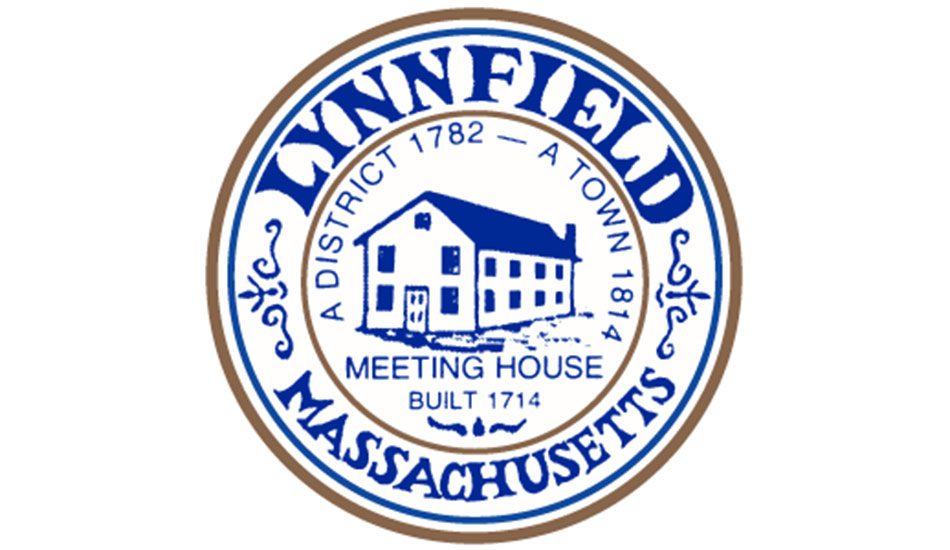By DAN TOMASELLO
LYNNFIELD — School officials are looking to address student behavior on buses by updating a previous policy on the books.
School Committee member Jim Dillon, who serves on the Policy Subcommittee, gave an overview of the “Student Conduct on School Buses Policy” during an Aug. 21 meeting.
“Students are expected to be safe, responsible and considerate when traveling on the bus,” said Dillon while reading Policy JICC-R. “The bus stop and bus travel is considered an extension of the school grounds, and all students are expected to cooperate with the bus drivers. The right of a pupil to school bus transportation is a qualified right, dependent on appropriate behavior. To ensure the safety of all students who ride on buses, it may be necessary to revoke the privilege of transportation from a student who abuses this privilege. Families of children whose behavior and misconduct on school buses endangers the health, safety and welfare of other riders will be notified that their children face the loss of transportation privileges in accordance with regulations approved by the School Committee.”
Dillon said all school buses are “equipped with front and rear cameras that capture both audio and video.” He said a school principal will be notified if “any misconduct on a bus” occurs.
If a student repeatedly causes disruptions or behaves badly on a bus, Dillon said “further consequences may be given” such as holding a meeting with the student’s parent or guardian.
“Bus privileges could be denied to the student for a period of time to be determined by the principal, and the responsibility for transportation will then rest with the parent/guardian,” said Dillon. “If the offense constitutes a major hazard, no warning need be given and the principal may suspend a student from the bus and notify the guardians and the bus driver. Principals always have the right to apply additional consequences.”
Dillon also said the policy includes rules for bus stops. He said all riders “must be on time” and “bus drivers will not wait.”
“Riders will enter or leave the bus at regular stops only,” said Dillon. “Parents/guardians are responsible for children’s safety and behavior getting to and from the bus stop, and while waiting for the bus. A kindergarten student cannot be dropped off without a caregiver present at the bus stop. Pupils shall never approach a school bus until it has completely stopped and the door is opened. In boarding the bus, they should proceed in an orderly manner, single file. Orderly behavior and respect for private property will be required. If a student must cross the street in order to enter a bus stop, that student must make eye contact with the driver before crossing the road so that the driver can acknowledge that the conditions are safe to cross. Crossing the street must be done in front of the bus. Instructions and directions of the driver must be followed at all times by the riders. Students may only ride the bus to which they are assigned. Notes from a parent/guardian to ride a different bus after school will not be honored.”
Dillon said students “must remain” in their seats “when the bus is in motion.”
“Students will be safe, responsible and considerate at all times,” said Dillon. “Students are required to give their correct name and address when requested by the driver.
No windows or doors will be opened or closed except by permission of the driver.”
Dillon said eating and drinking on buses is prohibited, and students must follow the driver’s instructions and directions “at all times.”
“Any behavior that is unsafe and/or is distracting to the bus drive is strictly prohibited,” said Dillon. “This includes, but is not limited to, yelling, being physical with other riders, throwing objects, standing, moving between seats, littering, or having arms/head out of windows.”
In response to a question from School Committee Chair Kate DePrizio, Dillon said school principals asked the Policy Subcommittee to review the policy.
“There are some issues that have carried over into school that began on the bus,” said Dillon. “They wanted to make it a little bit more clear to students and parents what the expectations are and what the consequences are for those kinds of behaviors on the bus.”
School Committee member Jamie Hayman asked, “What is the underlying issue we need to solve here?”
Dillon said the Student Conduct on School Buses Policy was “modified with a tremendous amount of input by the building principals.”
“It really is their request to address problems they are dealing with on a daily basis in school,” said Dillon. “They thought this would be an appropriate way to guarantee or improve children’s behavior on buses. We put this policy together with them, and they are satisfied with it. It is super important that kids behave appropriately on a bus. There is less gray area here.”
Hayman said he was “trying to wrap my head around how big of an issue” student behavior issues on buses has become.
“We have to be able to back this up,” said Hayman.
Superintendent Tom Geary said the proposed changes sought to “firm up the policy.”
“There was a lot of old, outdated and vague language in there,” said Geary. “I don’t think the spirit of what we did changed a lot. It firmed up the steps for both discipline and got rid of some things that weren’t appropriate anymore.”
School Committee member Jenny Sheehan, who also serves on the Policy Subcommittee, agreed.
“This cleaned up the policy’s language,” said Sheehan. “A lot of it was outdated and we tried to make it more cohesive.”
Hayman said he was “not opposed to cleaning up policies.”
“I just want to be thoughtful and data-driven when we are doing it,” said Hayman.
Hayman asked whether the Student Conduct on School Buses Policy should be similar to the recently approved cellphone policy that varies for each school instead of using a “one-size-fits-all for everyone” approach.
“Things are different at the middle school and high school,” said Hayman. “The middle school buses are at less capacity than the elementary school buses. I would like to believe some of the behavior issues we are running into at the elementary schools are different than what we are seeing at the middle school and the high school.”
Geary said all four principals were “all very comfortable with this policy.”





